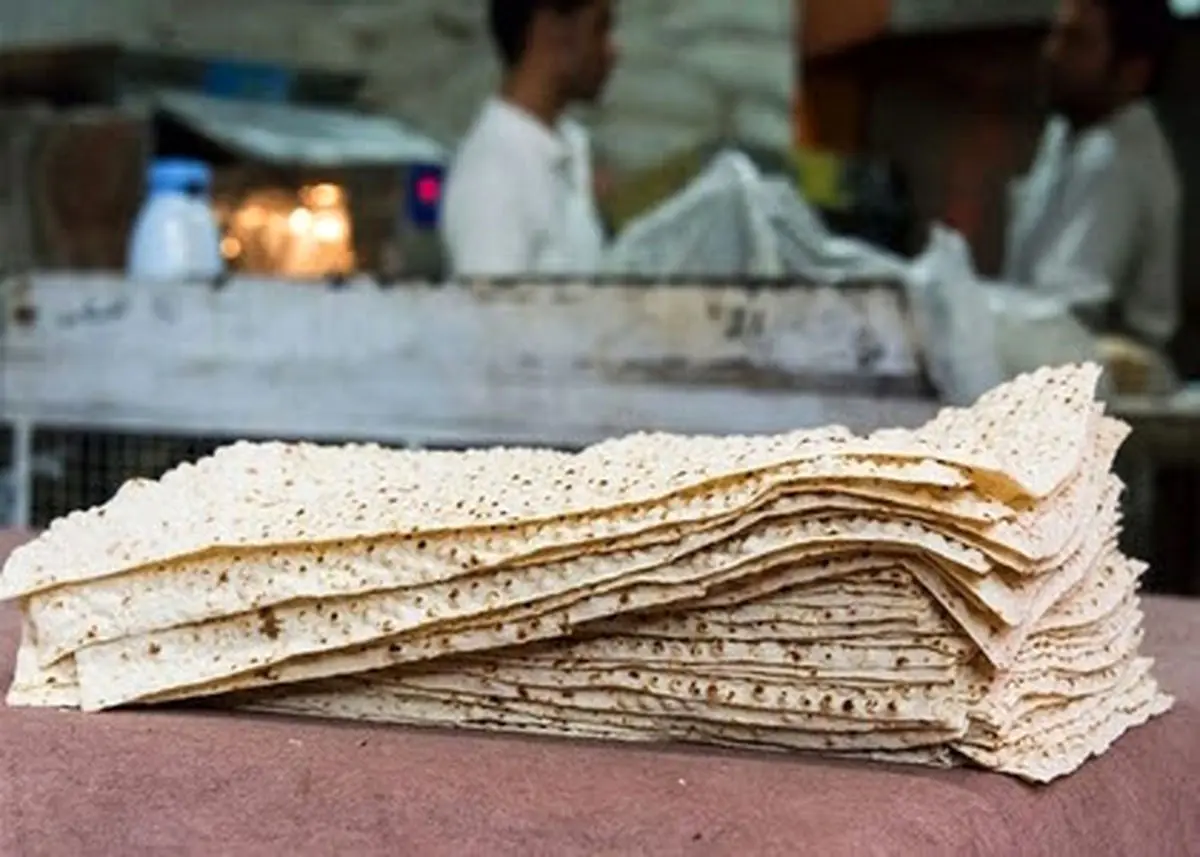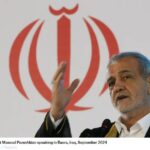
According to a BBC report on 24 October 2024, 30% of the Iranian population live below the poverty line. Yet Iran is one of the richest countries in West Asia with huge oil, gas, and mineral resources. The policies of the regime over the past four decades have driven the country into a serious and worsening crisis.
Sociologist Masoud Farastkhoob, speaking at a series of seminars on ‘Iran’s Social Future in the Face of Poverty and Inequality’, stated, “Based on my research, at least one third of Iranian households are facing absolute poverty. This doesn’t just mean they’re below the poverty line… We’re dealing with a swathe of society who are experiencing acute hunger and living on a minimal calorie intake. Although Iran was ranked among the top ten countries with low hunger levels in the global hunger index last year, field reports show that millions of people in the country are in fact living with hunger.”
On 29 October, the official ILNA (Iranian Labour News Agency) published the following interview with Mr. Khosrow Ranjbar, a pensioner living in Iran, which alluded to the depth of the current crisis.
In recent years, the cost of living in Iran has been soaring, making it increasingly difficult for workers and retirees to make ends meet. The price of basic necessities – such as bread, dairy products, and meat – has skyrocketed, leaving many struggling to afford even the most essential items.
Khosrow Ranjbar, a retired worker from Tehran, shared his concerns about the rising cost of living. He explained that while his monthly pension is 10,000,000 tomans (approximately £150), the price of a simple loaf of bread has doubled in recent months thereby consuming a significant portion of his monthly pension.
“I used to spend about 5% of my pension on bread,” said Ranjbar. “Now, I’m spending 10%. It’s as if inflation has stolen 10% of my income.”
Mr. Ranjbar went on to further emphasise the impact of rising prices on the ability of retirees to maintain a decent standard of living. “The cost of living has become so high that it’s almost impossible for people like me to make ends meet,” he said. “Basic items like bread, meat, and milk are now luxuries that many simply can no longer afford.”
The increasing cost of living has put a strain on the budgets of millions of Iranians, particularly those on fixed incomes like pensioners. As inflation continues to rise, it is unclear when the situation will improve.
“In recent years, they’ve made the basic necessities for me and people like me so limited and unattainable it’s unbelievable.”
This sharp increase in the price of bread has forced many families to cut back on staple goods, like meat, dairy products, fresh fruit, and vegetables. This has led to a decline in overall nutritional intake of the population, particularly among children and the elderly.
“When 5% of a retiree’s salary goes just to buying bread, how can we expect to have a kilogram of meat on our table that costs anywhere between US$12 to US$15, or regularly spend at least 40 US cents on a bottle of milk? How are these low-income and marginalised groups supposed to sustain their lives, let alone their diets? What kind of miracle do they need to make ends meet?”
Office
Central Executive Council
CODIR












 Posted in
Posted in 










